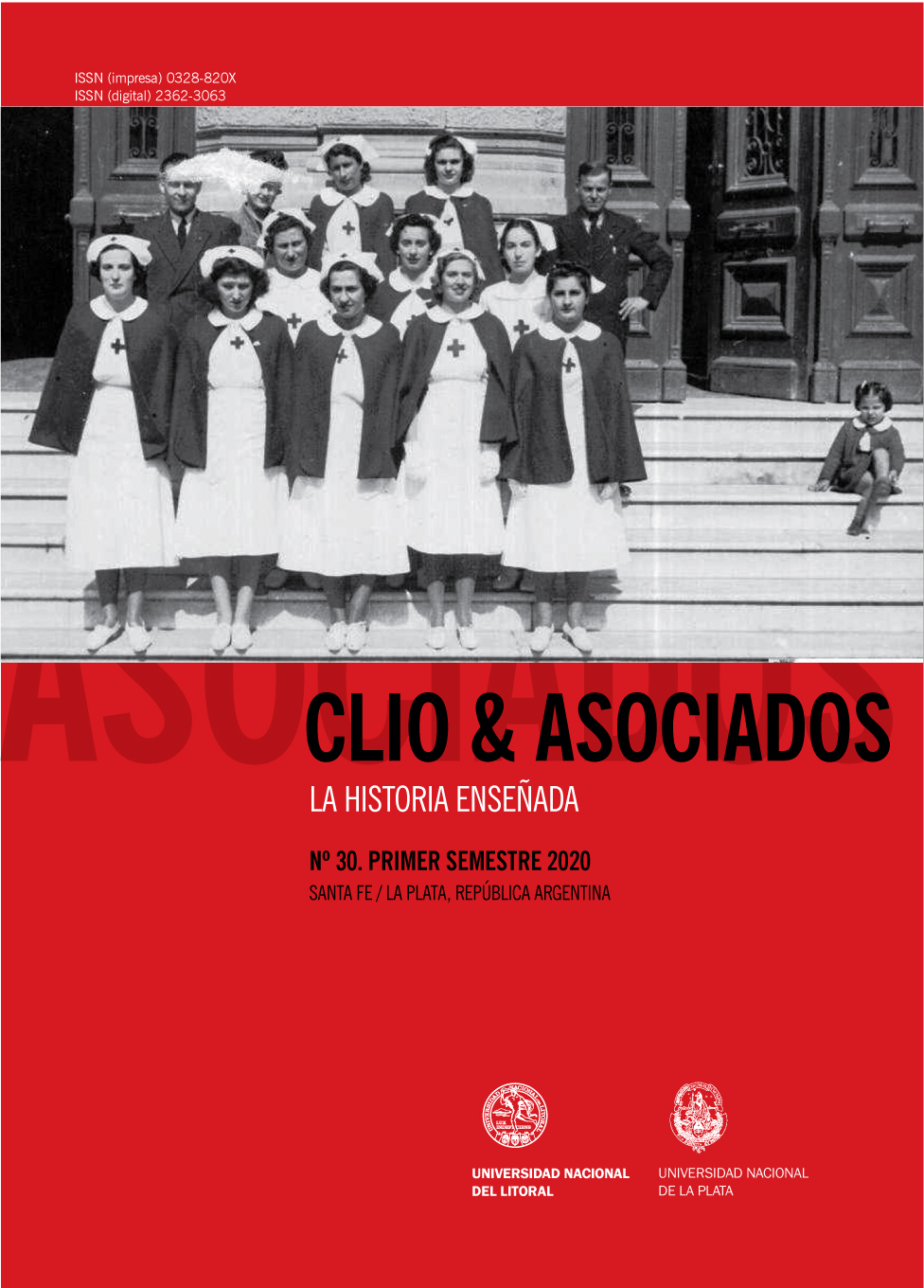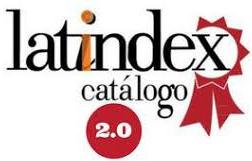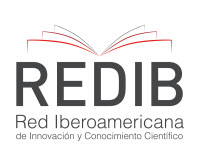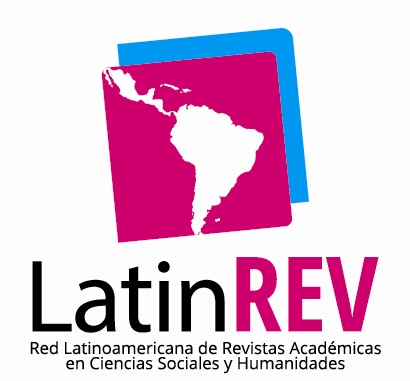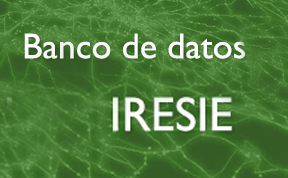The ripple effect. Historical narratives about the dictatorship and democracy in Chile as seen by three generations
DOI:
https://doi.org/10.14409/cya.v0i30.9035Keywords:
historical narrative, historical consciousness, historical memory, historical learning, social movementsAbstract
This article aims to put in tension three types of historical narratives referring to the recent history of Chile. Based on the autobiographical notes of a Chilean writer, it analyzes the narrative of the generation that lived and suffered the 1973 coup d'état and returned from exile twenty years later. The central part of the article analyzes evidence collected in four public high schools in the city of Santiago from group interviews with secondary school students. The narratives of the students of Santiago concentrate on the most relevant themes and characters of the period 1965 to the present. The third and final part attempts to connect the previous narratives with the historical contingency of current Chile and the awakening of social movements. The discussion and main conclusions are related to the relevance of socio-cultural contexts in the construction of narratives and the power of social stories to organize the life and ways of acting of subjects in history.
